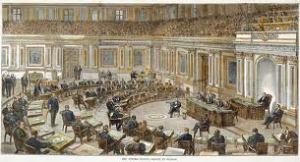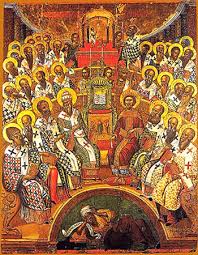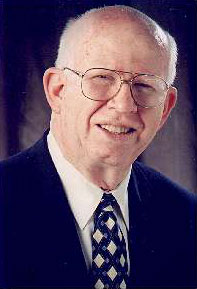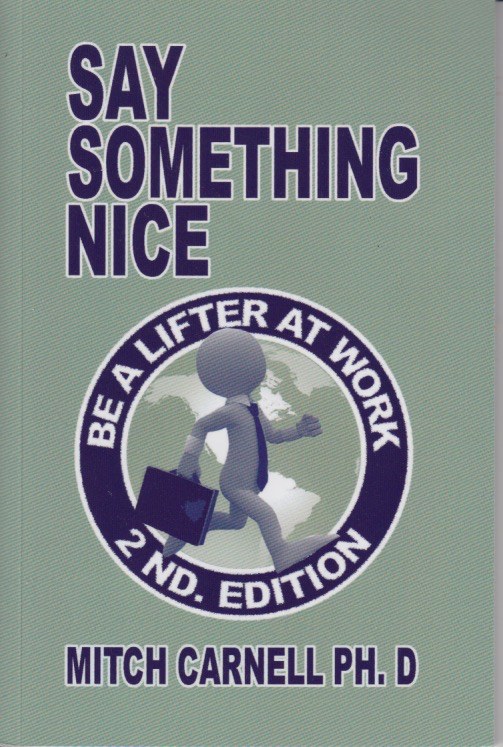Posted: Friday, March 6, 2015 6:38 am
|
Tom Schweich committed suicide at his home on Feb. 26, 2015. He was 54.
Schweich was a well-known Republican leader in Missouri. He had been elected to a second term as state auditor and was positioning himself for the GOP gubernatorial nomination.
Former U.S. Sen. John Danforth and now Episcopal priest performed the eulogy. He had been a friend to Schweich, and his death had particular impact upon him.
Danforth reflected upon the tragedy, which was related to political and personal attacks upon Schweich as he sought higher office.
He questioned whether Schweich was suited for the rough-and-tumble nature of politics, indicating that he “was a person easily hurt and quickly offended.”
One example resonated with Danforth, as he referred to an attack ad on Schweich.
“As for the radio commercial, making fun of someone’s physical appearance, calling him ‘a little bug,’ there is one word to describe it: ‘bullying.’ And there is one word to describe the person behind it: ‘bully.'”
Danforth added, “Words do hurt. Words can kill. That has been proven right here in our home state … The death of Tom Schweich is the natural consequence of what politics has become.”
I am fully aware of the toxic nature of our politics. It is routine to hear politicians and political action committees attack opposing candidates and office-holders. We’ve become so saturated by it that it’s easy to become numb to its affect.
And, in this case, I can sympathize with Danforth’s assertion that temperament should be a consideration when seeking the kind of work Schweich was in.
You have to have an extremely “thick skin.” Still, it doesn’t excuse hateful and harmful speech.
Why would someone commit suicide? It’s a haunting question. I don’t understand how a prominent political figure with a wife and children would take his own life.
I think it has to do with the fact that none of us can truly know what is going on in a person’s life.
I felt similarly when I heard about the death of Robin Williams. I also struggle with it when I hear the cries of parents when their child takes her own life.
Suicide victims, regardless of their age, must have reached a level of hopelessness from which there seemed to be no return. Christians and non-Christians alike can experience this.
I’ve been a pastor for 20 years, and I can tell you that vitriol and hateful speech can manifest themselves in any number of situations, including the church.
I’m reminded often of John Killinger’s work, “Seven Things They Don’t Teach You in Seminary.” One chapter is titled “There is a Meanness in Some People that is Simply Incredible.”
This tragedy should challenge us to choose our words carefully and be mindful of the devastating impact they can have on others.
It should remind us to be sensitive to the struggles of others and do our best to encourage them.
We may not be able to “fix” their problems, but we can offer them support. And, let’s do our best to make sure our words are consistent with the witness we profess on Sundays.
Suicide isn’t a political issue. Neither is bullying.
I have three children in our public school system who are being taught that bullying is wrong and that there should be “zero tolerance” for it. I fully support that.
As adults, we ought to model that behavior as well. We can’t expect our children to rise to an example that we ourselves are unwilling to set.
 Danny Chisholm is senior pastor of University Heights Baptist Church in Springfield, Missouri. A version of this article first appeared on his blog and is used with permission. You can follow him on Twitter @ChisholmDanny.
Danny Chisholm is senior pastor of University Heights Baptist Church in Springfield, Missouri. A version of this article first appeared on his blog and is used with permission. You can follow him on Twitter @ChisholmDanny.




.jpg)







